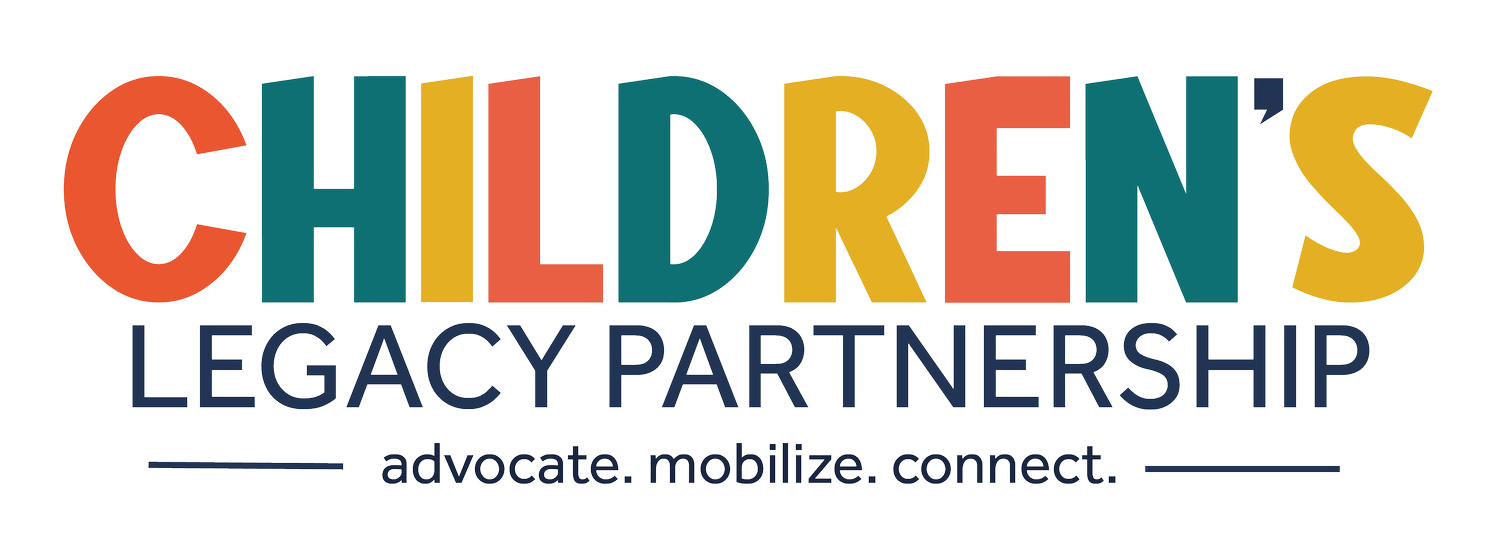Communities in Action
The kids are having fun mixing clay for the fuel-saving stoves!
Betty and the rest of the team have been very busy the past few weeks out in the communities. Well, they are always busy, but they spent some long days working on projects to improve health.
Sometimes I come across those who think that people in need are “waiting for a handout.” That couldn't be further from the truth based on what we see and experience in rural Uganda.
Yes, there is a lot of need. Many subsist on just one meal a day. Life is often a struggle with people lacking basic supplies.
But, what we see is a “can-do” spirit and approach to life. People don't complain. They do what they can with what they have. There is a collective attitude with relatives and neighbors often helping each other the best they can.
One important community project to improve health is constructing fuel-saving stoves.
Recently we've seen several cases of mothers and children being burned around open fires. Women also develop breathing problems because they do ALL the cooking, often in tight, poorly ventilated spaces.
The first task was to build fuel-saving stoves for those most in need. These are made by hand from the local clay. They make a mold using the women's cooking pots, then create a vent so there is less smoke. These stoves are very efficient and they are much safer!
Cooking on an open fire with heavy pots on stones is dangerous. A new fuel-saving stove makes a big difference!
Many community members, and the kids who are on their summer break, joined in to help. Community involvement (the Partnership in CLP) is a requirement when we agree to make improvements.
As of today, nine stoves were built! This is quite a labor-intensive process but worth it! The stoves will need to cure for a month before they can be used.
Other community tasks involved making utensil stands outside of some of the homes. These are used to keep eating and cooking utensils up off the ground so they are not sitting in the dirt. Proper sanitation is critical for avoiding diseases such as malaria, diarrhea, cough and flu, skin infections, and typhoid.
The team also built “tip-taps” for proper handwashing. Households in the villages don't have running water.
How does all this help break the cycle of poverty? When a caregiver or child becomes sick or injured, a family's resources are quickly drained for medical care leaving them with no income for basic necessities.
These community outreach projects involve a lot of hard work but the only cost was for some nails to build the utensil stands. It also brings the community members together and educates the children!
Thank you for all you do to help end poverty for the most vulnerable children!
With Gratitude,
Mary
P.S. Our team in Uganda, community members, and the kids, asked me to again pass on their gratitude and say thank you!





